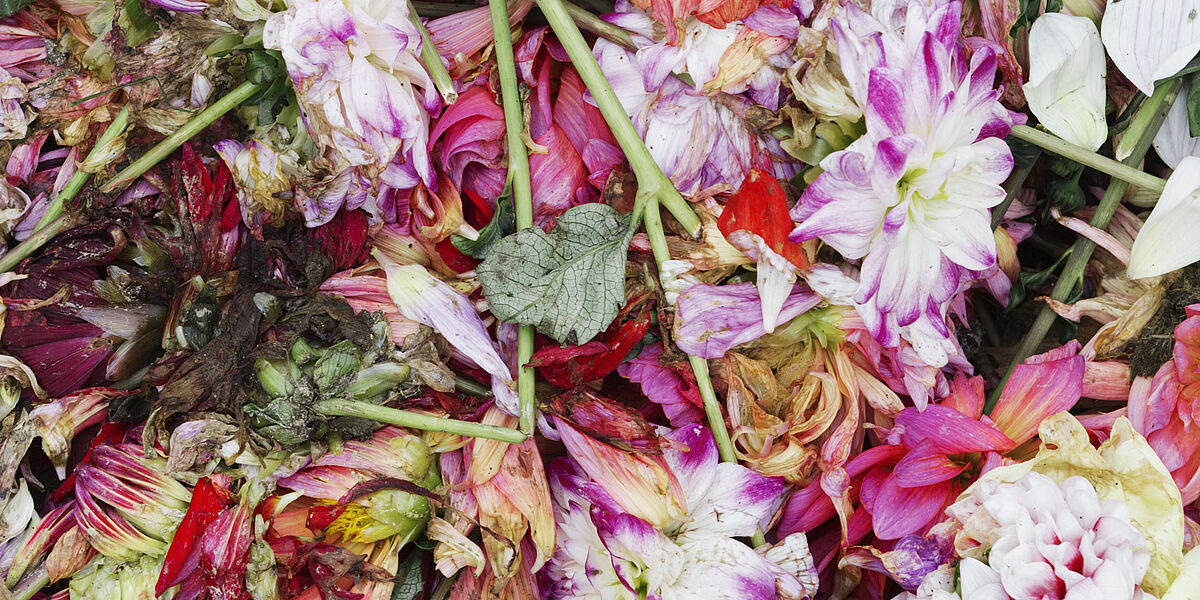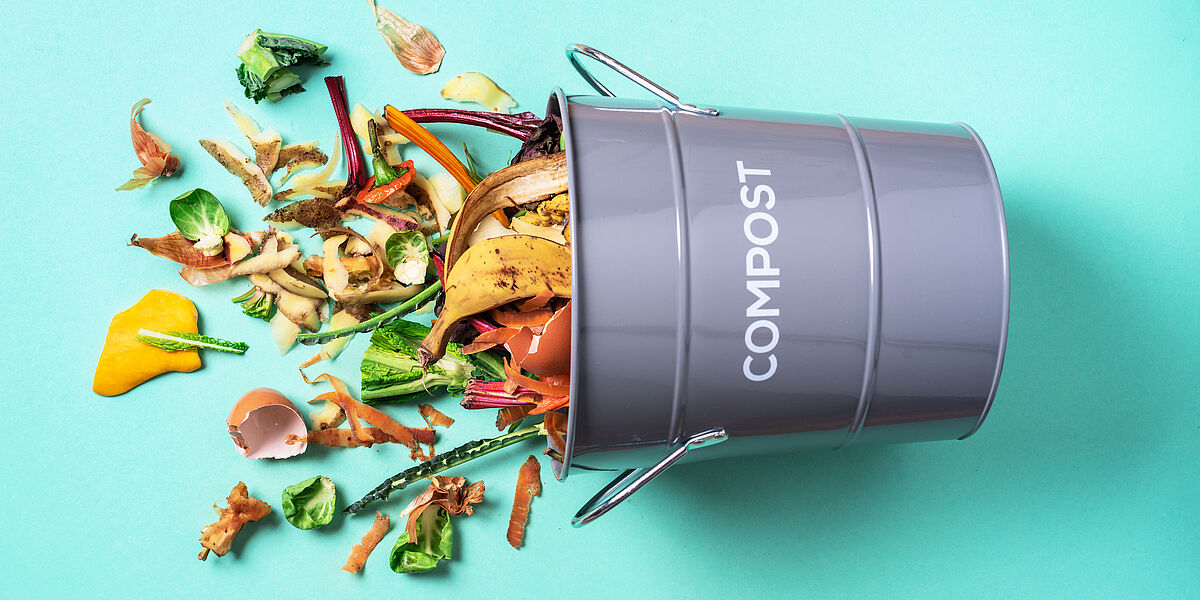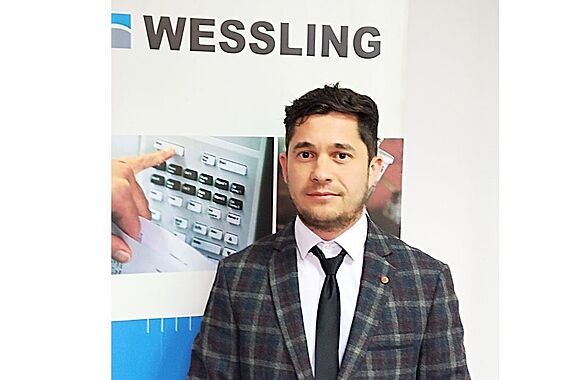Changes in compostable waste management - Compost law
The new year brings new habits in environmental responsibility by requiring the implementation of a separate collection system for biodegradable waste

The compost law, on the management of non-hazardous compostable waste, called the compost law, brings from January 1, 2021 an impact on habits, daily life and the environment, making both municipalities, companies and individuals responsible.
Thus, companies and households will have to switch to a system of selective collection of biowaste and deposit them in spaces specially designed by public administrations or hand them over to companies authorized to collect. The local public administration authorities or, as the case may be, the administrative-territorial subdivisions of the municipalities, respectively their inter-community development associations, must implement the system of separate collection of biodegradable waste, extend the separate door-to-door collection of bio-waste in urban areas and encourage individual composting in rural households.
60% of our waste is compostable material, and everything we do not turn into compost intoxicates us. The biodegradable waste that reaches the landfill mixed with other waste, without oxygen, decomposes and produces methane, a gas 20 times more dangerous than carbon dioxide.
Bio-degradable waste such as spoiled fruits and vegetables or other vegetable waste, food waste generated daily in each family: fruits, vegetables, potato and eggshells, but also ash and sawdust for those living at home, must be collected in containers separate and the town halls obliged to provide special bins for their collection.
Non-compliance with the law attracts fines with amounts between 400 and 800 lei for individuals, up to 20,000 lei for companies, and for the responsible authorities, the fines can be between 5,000 and 15,000 lei. For non-compliance with the technical norms, the contraventions can reach 30,000 lei.

In the new facility called GreenLab set up by the WESSLING group which operates an international network of laboratories, the tested materials will be assessed whether or not they are able to decompose or compost in natural conditions, for example in soil or water, without harming the environment. The newest laboratory within the group opened in France ensures the safety of the marketing of the products. A characteristic of the room in the new laboratory is that it has special sealed walls that allow maintaining an internal temperature of 25 ° C and keeping it dark to comply with the composting conditions defined by the standard according to which compostability and biodegradability tests are performed in different environments. To simulate industrial composting conditions, WESSLING GreenLab performs biodegradation tests in an oven set at 58 ° C. The laboratory also has a growth room for ecotoxicological tests on plants. These tests are necessary to check that the compost containing degraded materials does not affect the development of the plants.
Contact
- Alin Moldovan
- +40 752 062 395
- alin.moldovan@wessling.ro
